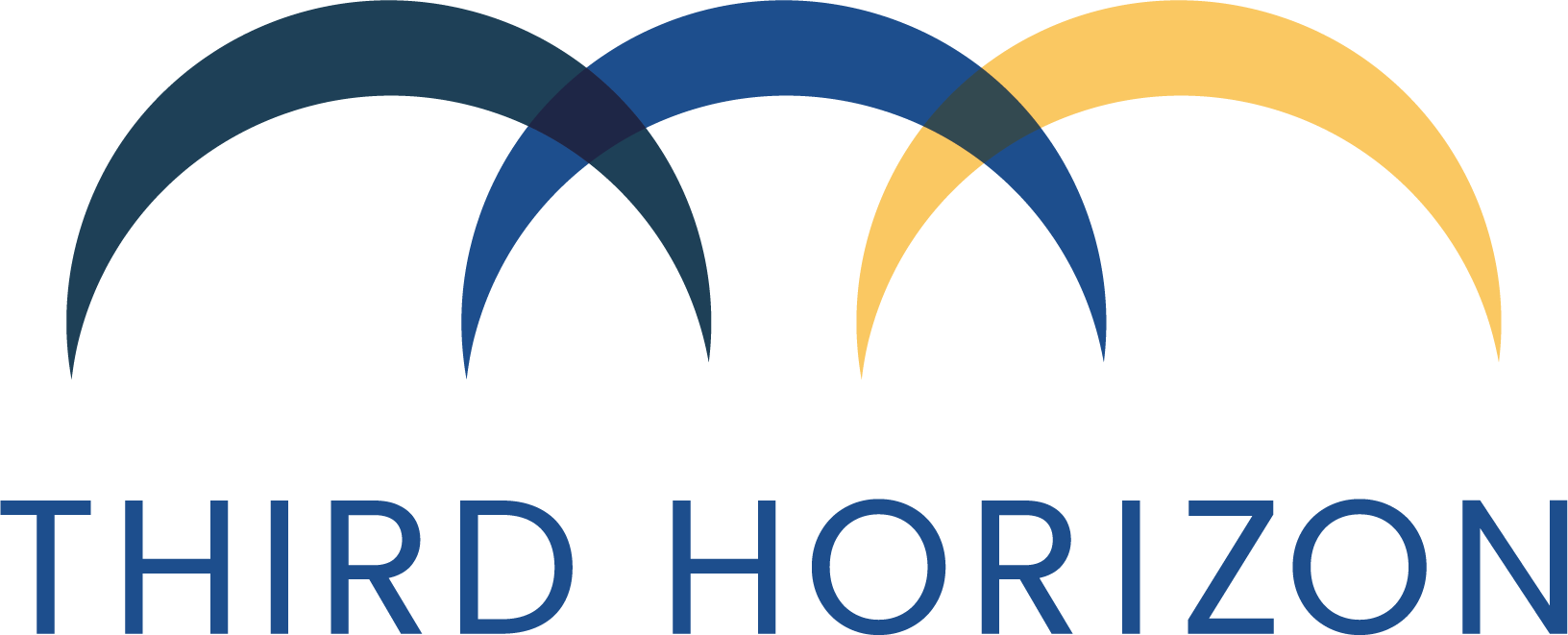It’s the holiday season and for nearly 66 percent of Americans with private health insurance that means their insurance coverage might be finally kicking in and paying some of their 2021 health care bills! Elective surgeries boom this time of year, and doctors plan long holiday hours as millions of people try to get appointments to ask their lingering questions before the new deductible crunch sets in on January 1.
Since the passage of the Affordable Care Act (ACA), more people are being enrolled by their employers or choosing to opt-in to high-deductible health plans (HDHPs) – plans that offer lower monthly premiums, but typically do not cover any non-preventive health services until an individual hits 3, maybe 5, or even 7 thousand dollars in out-of-pocket spend in a calendar year. These deductibles stretch even bigger for out-of-network care and families.
As of 2020, an estimated 57 percent of workers were enrolled in HDHPs. That same year, there were more than 40 million people living with a substance use disorder (SUD) – the vast majority of whom were employed and covered by employer-sponsored insurance. Over 90 percent of these individuals are identified as needing SUD services, but not receiving them. As I wrote about recently, the top reason this group of 38.5 million people in the addiction treatment gap gave for not seeking specialty SUD health care was issues with insurance coverage and cost of SUD services.
While the costs and health outcomes issues specific to SUD and HDHPs have not been as well documented as heart disease or other chronic conditions, data is emerging that increasing utilization of mental health and addiction health services not only produces health care cost savings, but also increases job retention and workforce productivity.
Want more daily health intelligence from Third Horizon Strategies? Sign up for Tea Leaves – a free daily newsletter capturing a rundown of the most important health industry activity!
A recent Cigna analysis of claims from 275,000 commercial insurance members pre-and-post diagnosis of a behavioral health condition (anxiety, depression, SUD, etc.) revealed that individuals receiving behavioral health care in outpatient settings leads to fewer emergency department visits and inpatient hospitalizations, decreasing costs by up to $1,377 in one year and up to $3,109 over two years per person. For just 275,000 people in Cigna’s data set, that averages out north of $850 million dollars over a two-year period!
Even though high deductibles are designed to drive costs and utilization down of “unnecessary” health utilization, these plan designs are short-sided and create a very costly downstream scenario for all parties involved when it comes to mental health and addiction services – health services that have always been chronically underutilized due to stigma, access, and cost.
In my view, high deductible plan design is one of the key driving forces behind this persistent addiction treatment gap. There is no question recovery pays back in so many ways. Therefore, there is a compelling economic argument to eliminate high deductibles for mental health and addiction services, and replace them with health plans that incentivize people to seek and sustain recovery long-term.


